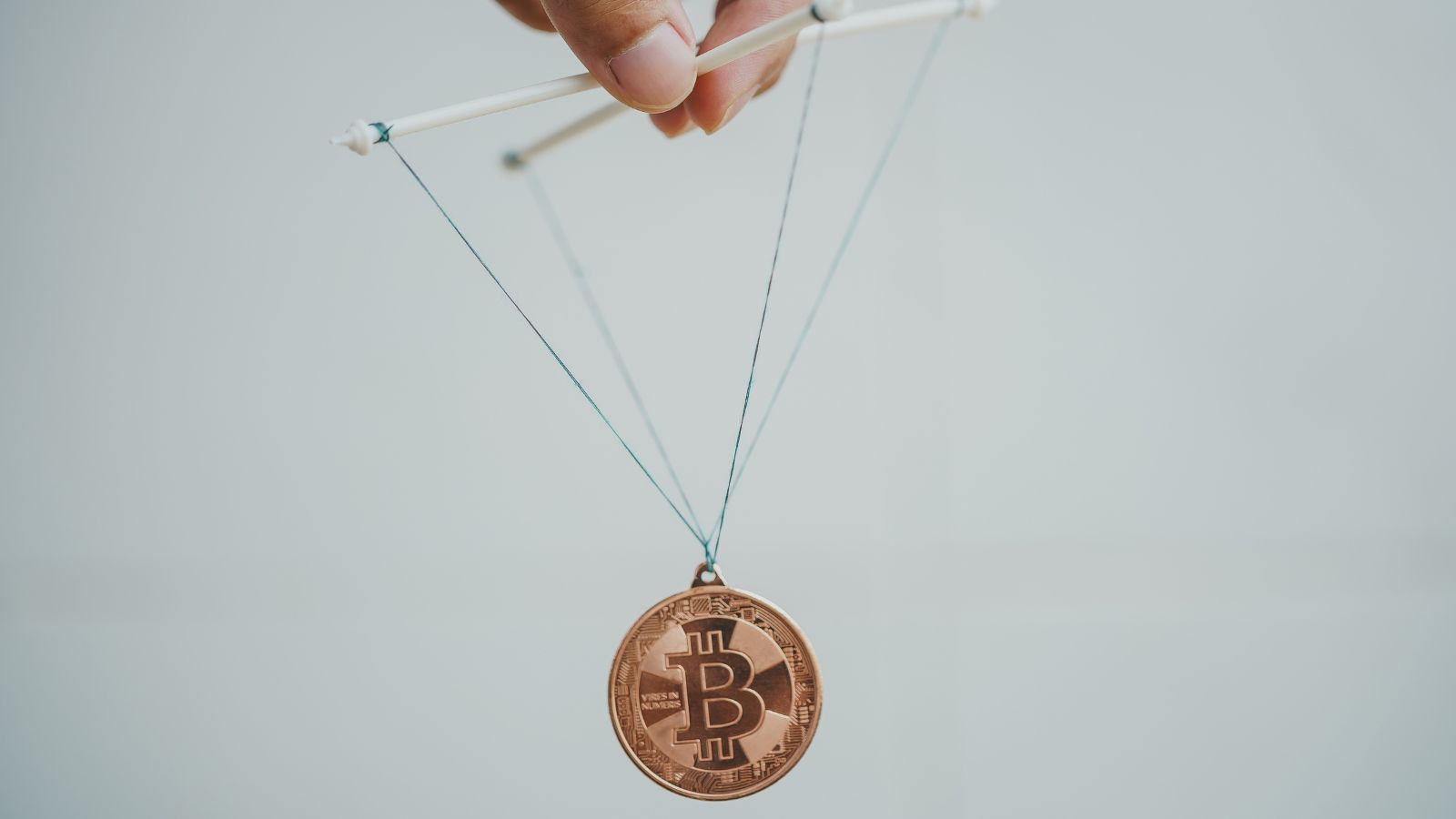Investing in trending markets can be enticing, but it’s important to recognize that it carries significant risks. Many people are drawn to opportunities in areas such as cryptocurrencies, NFTs, and popular stocks due to their potential for high returns. However, the risks associated with these investments can often be overlooked in light of their potential gains. If you are considering jumping on the bandwagon without due diligence, understanding these 19 lesser-known risks of investing in trending markets can help you make more informed investment decisions.
High Volatility

Recognizing that volatility is a typical feature of trending markets is essential. Be mindful that profits can be generated quickly. Still, losses can also occur just as rapidly during these times, leading to a significant risk of losing a substantial amount of money in a short period. For example, assets like Bitcoin have been known to drop in value by at least 50% within a week.
Cybersecurity Risks

Cryptocurrencies are in the digital trending markets, with increased risks of cyber threats. Lost funds can be a direct consequence of hacked accounts or wallets from which there is rarely a way of getting back an investor’s money.
Limited Regulation

Most of the trending markets exist and operate without regulation. This lack of regulation can make them vulnerable to being duped or having their fair share scammed or defrauded. For instance, some of the new cryptocurrencies and startups do not adhere to basic legal compliance measures, and if any issues emerge, investors have no protection.
Herd Mentality

When people learn that a product has entered the market and is gaining popularity, they invest simply because others are doing so. This leads to a well-known phenomenon: bubbles. When these bubbles burst, those who entered the market late are left to deal with significant losses.
Overhyped Media Coverage

Markets might be trending as they are promoted largely in the media, or they might overhype a market. Audiences that depend on such info are likely to invest in the market without adequate information concerning risks that expose them to wrong decisions.
Lack of Fundamental Value

Some popular types of assets, such as meme coins, have little to no fundamental utility. They tend to be quite volatile, with their prices often influenced more by unregulated markets than by actual demand for the currency.
Emotional Decision-Making

The excitement of trending markets often ignites investors’ emotions. This self-imposed pressure, which can manifest as FOMO or greed, often leads to impulsive decisions that are typically uninformed.
Tax Implications

Picking the right hot markets then can become a problem from a taxation perspective. For instance, appreciation in cryptocurrencies is regarded as income and taxable, yet many do not consider this shortly, causing financial trouble.
Liquidity Risks

Some trending assets are non-resalable, especially when they are in low demand and could take quite some time to find a buyer. When demand is cut drastically, investors will likely have a problem and might sell their security at a lower price.
Scams and Fraud

Due to the popularity of trending markets, shell persons come to swindle novices and inexperienced investors. Pump-and-dump scams, fake investment programs, and fake ICOs (Initial Coin Offerings) are widespread in such markets.
Short Investment Lifecycles

Trends typically don’t last very long. This is why investors often want to exit when they see a trend forming. You can earn significant profits if you hold a low-priced investment long enough for the trend to materialize. However, those same investors may terminate contracts and incur substantial losses when the trend fades.
Unrealistic Expectations

Trending markets profess significant returns, which, most of the time, are merely unrealistic. This is likely due to the mindset of some investors who may come to invest to make a quick profit from a venture aiming at making at least double or triple their investments.
Market Manipulation

The markets in which coins are trending are relatively small and, therefore, quite easy to manipulate. People with cash domination or large shares can manipulate the stock market and provide artificially overpriced expenses, leaving average buyers and sellers behind.
Limited Historical Data

Emerging and developing markets are generally characterized by their novelty, which means they carry a risk or their past cannot be used to model their performance accurately. When there is no available history, investors essentially gamble on the unknown.
Overconcentration

Overconcentration is particularly common among investors in trendy markets who focus all their investments on specific assets or sectors without considering diversification. This overconcentration significantly increases the risk of substantial losses in a market downturn.
Leaning Solely on Social Media Advice

Most of the time, social media helps create demand in trending markets, but the information given out usually is not accurate. Purchasing a stock based on a word from Twitter or any other forum is likely wrong most of the time.
Hidden Fees

Sometimes, trending markets attract extra costs when investing. For instance, trading cryptocurrencies attracts high transaction costs, which can be very unprofitable, particularly where there is frequent trading.
Economic Factors

Trending markets tend to react more strongly to changes in external factors, such as rising interest rates or inflation. These factors can occasionally cause a significant decline in the value of assets, leaving investors without any foresight regarding these changes.
Psychological Burnout

Researching constantly changing markets can be stressful for consumers. The pressure from the rapid changes may make investing feel exhausting and overwhelming.
Conclusion

Identifying trending markets might seem like the easiest way to profit, but there are hidden pitfalls that could lead to significant losses. Therefore, investors should take their time before committing capital, diversify their portfolios, and avoid making investment decisions based on emotions. Awareness of these risks can help guide your choices and protect your hard-earned money. Remember, the most effective investment strategy involves time, knowledge, and a well-defined investment plan.
25 Countries Predicted to Become Economic Superpowers in the Next 20 Years

The strength of an economy plays a crucial role in various international policies about trade and relations. Certain factors determine the strength of an economy, including population growth, availability of resources, and development and advancement. Here are 25 countries predicted to become economic superpowers in the next 20 years
25 Countries Predicted to Become Economic Superpowers in the Next 20 Years
